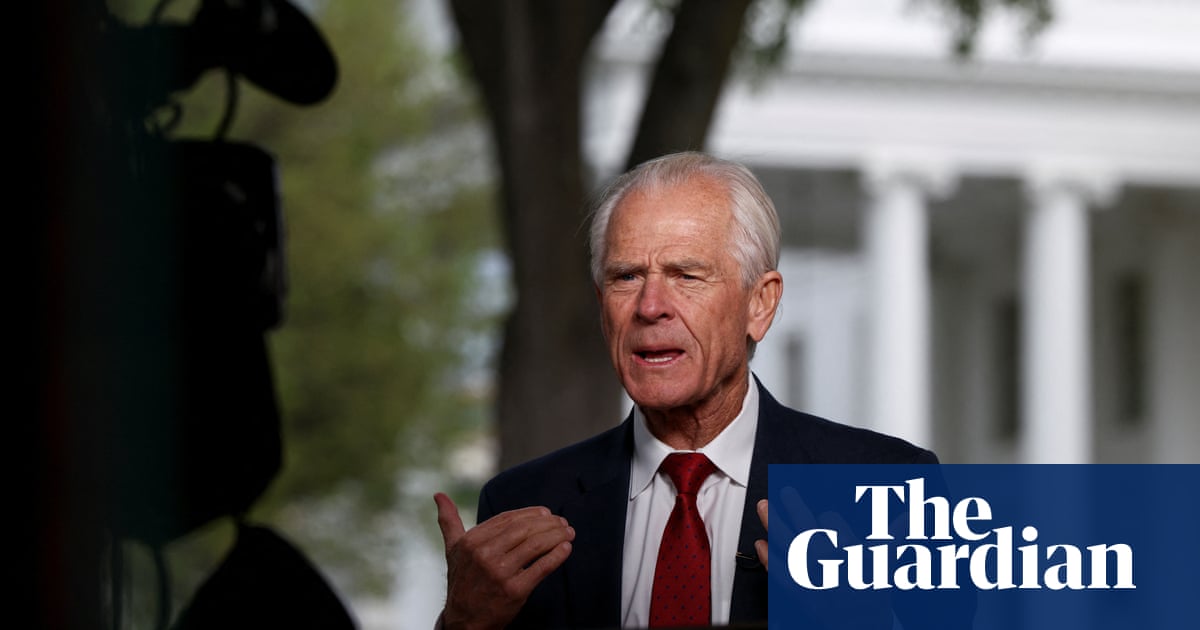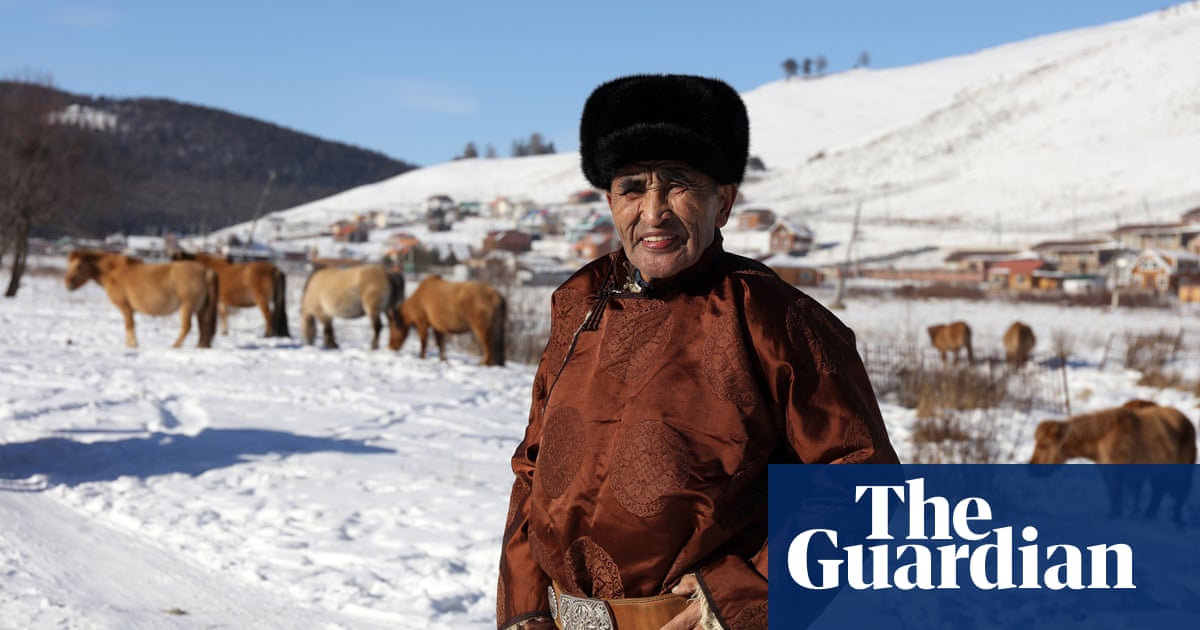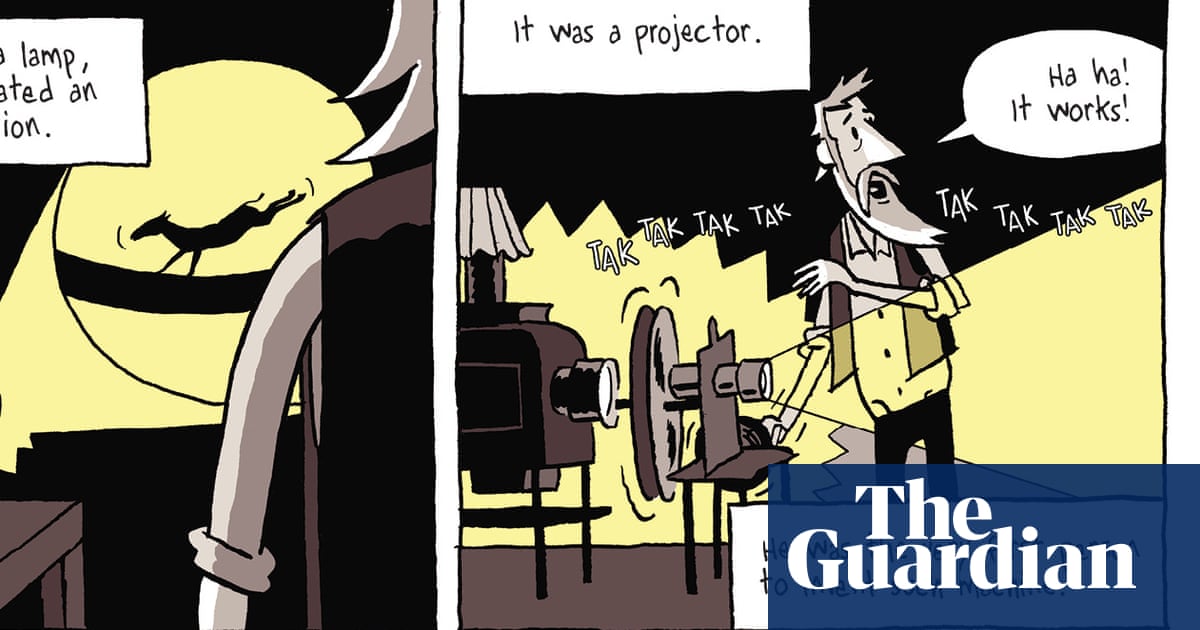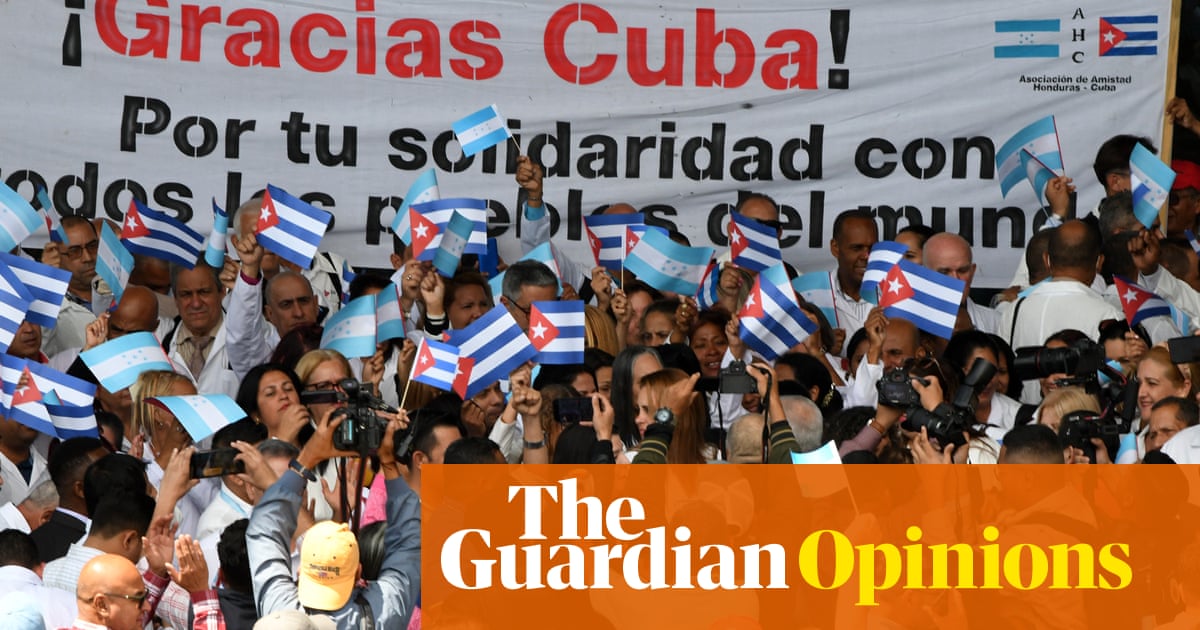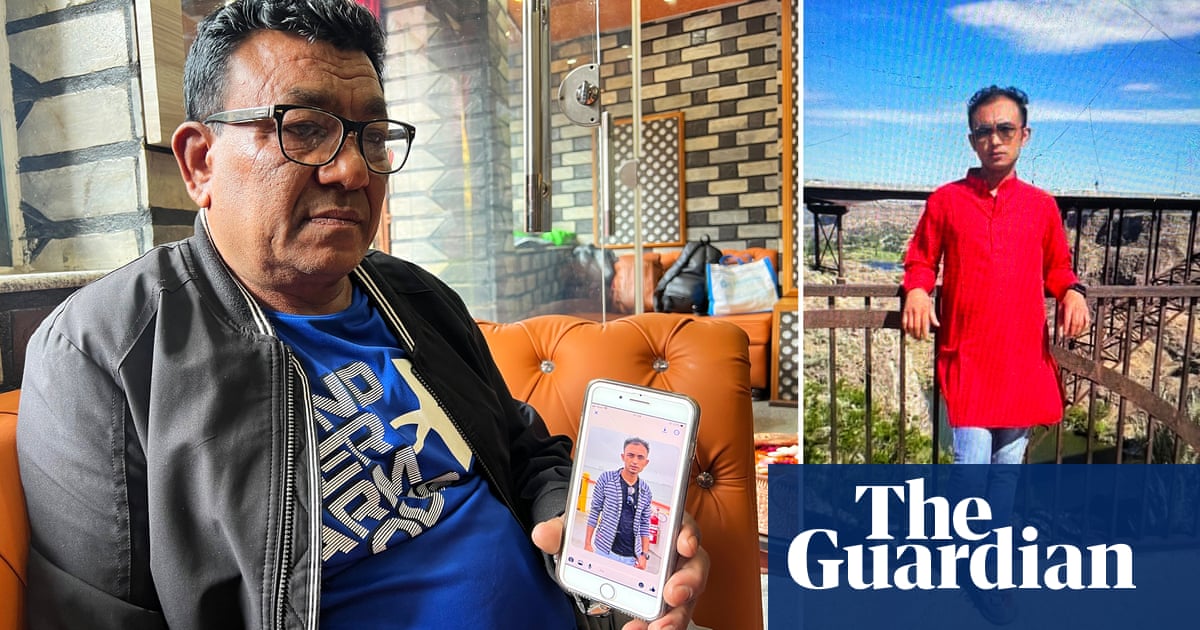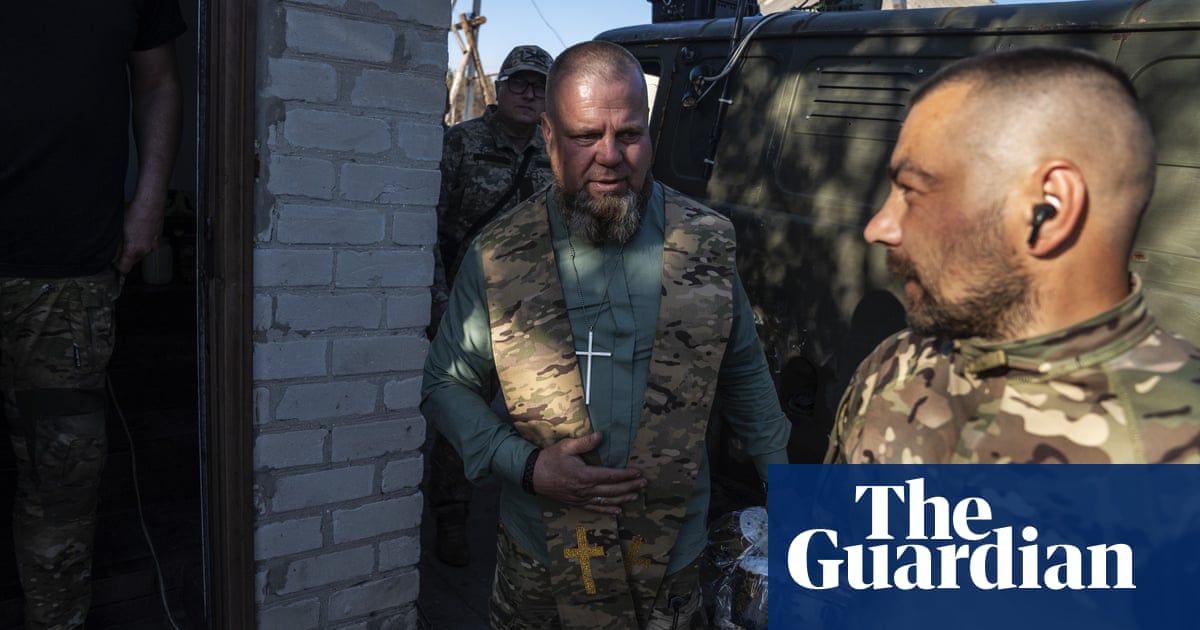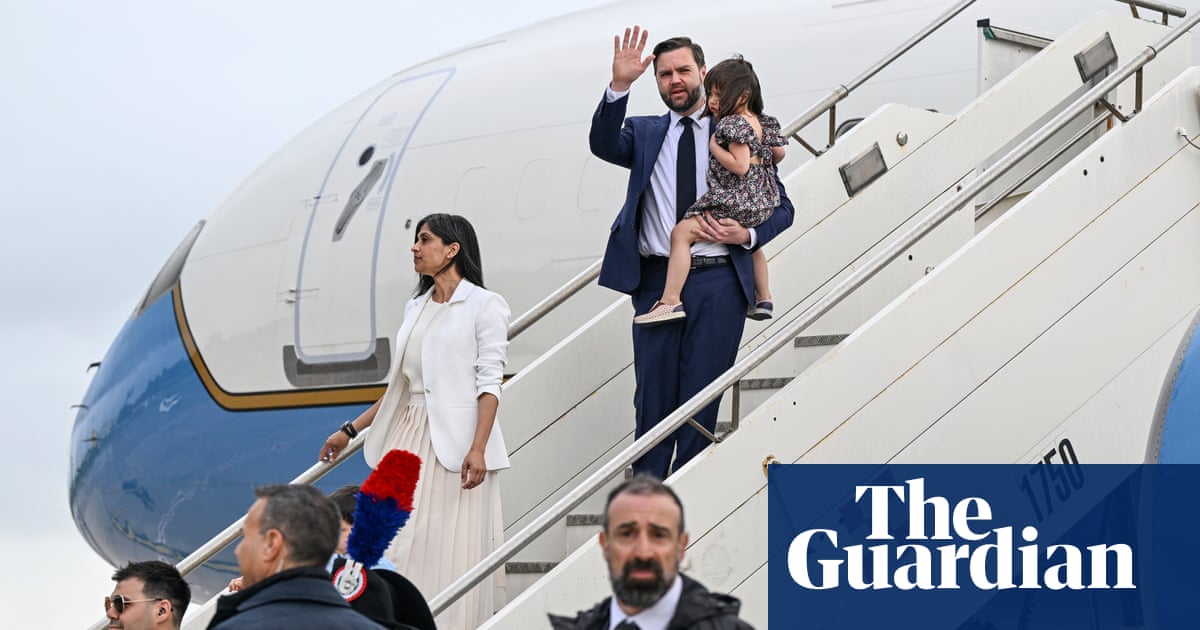Mediators are meeting in Doha on Tuesday amid high hopes that Gaza ceasefire negotiations are in their final stages after claims of a breakthrough in overnight talks.
Israeli media and reports from the Qatari capital said the agreement would involve an initial release of 33 Israeli hostages, including children, women, elderly people and the sick, and up to 1,000 Palestinian prisoners, alongside a partial Israeli troop withdrawal in a first phase lasting 60 days.
After 16 days, talks would begin on a second phase of the agreement which would involve the release of other survivors among the 61 remaining hostages, including military-age men, and the bodies of those who have died. The Israeli military withdrawal would be completed in the course of this second stage.
Envoys representing the Biden White House and the incoming Trump administration are taking part in what was billed as a “final round” of talks, meeting delegates from Israel, Egypt and Qatar.
Optimism over the negotiations has been tempered by past experience after earlier apparent breakthroughs ultimately failed to end the 15-month war in the face of opposition from the coalition government of the Israeli prime minister, Benjamin Netanyahu, or obstruction from Hamas inside Gaza. The militant group is being led by Mohammed Sinwar, brother of Yahya Sinwar, the former head of Hamas and the mastermind of the 7 October attacks who was killed by Israel last October after a year-long manhunt.
There were reports of a midnight breakthrough in the Doha talks, though the specific details were not clear. On Tuesday, Associated Press cited officials reporting that Hamas had accepted the draft agreement on the table in Doha, and that Qatari officials were at the “closest point” yet to completing a deal. The press agency quoted an Israeli official as saying progress has been made, but the details were yet to be finalised.
Israel’s security minister, Itamar Ben-Gvir, declared his continued opposition to the agreement in a social media post on Tuesday in which he boasted that he and other far-right members of the coalition had blocked a ceasefire “time after time” in recent months. He appealed to a fellow hardliner, Bezalel Smotrich, to join his party in walking out of the coalition if Netanyahu accepted the deal under discussion.
On Monday, Smotrich, the head of one of the parties in the ruling coalition, denounced the agreement being worked out in Qatar as a “surrender” deal.
“The deal that is taking shape is a catastrophe for the national security of the state of Israel,” Smotrich said.
Writing in the Haaretz newspaper, the military analyst Amos Harel said the weakest point in the blueprint being negotiated in Doha is the transition from the first to second phase.
“Negotiations on the second phase are supposed to begin on the 16th day after it is signed, while the first phase is being implemented. The understandable fear shared by the hostage families is that these talks will collapse, and that the only hostages that will be brought back are those from the first, humanitarian phase, namely women, elderly men, the sick and the wounded. Soldiers and young men will remain captives of Hamas for a long time as an insurance policy on the lives of the organisation’s leaders.”
Joe Biden, in his last week in office, told staff at the US Department of State on Monday: “we’re on the brink of a proposal … finally coming to fruition”. Biden proposed a phased ceasefire plan in May last year, claiming it was an Israeli-approved blueprint, but he was repeatedly frustrated by Netanyahu’s obstruction. Donald Trump has reportedly sent repeated messages to Netanyahu, a close ally, that he wants the fighting to be over before he takes office on 20 January.
The war started in October 2023 with a surprise Hamas attack on southern Israeli communities in which 1,200 people, mostly civilians, were killed and 250 were taken hostage. In the Israeli military campaign in Gaza that followed, 46,645 Palestinians are estimated to have been killed, according to figures provided the Hamas-run health authorities, which the UN generally accepts as being reliable.

 3 months ago
46
3 months ago
46


